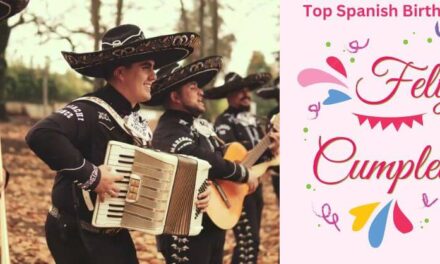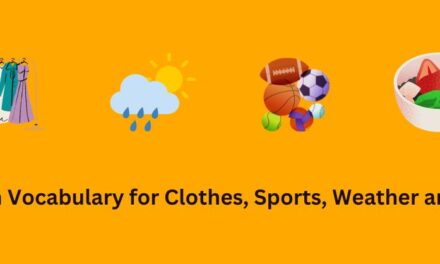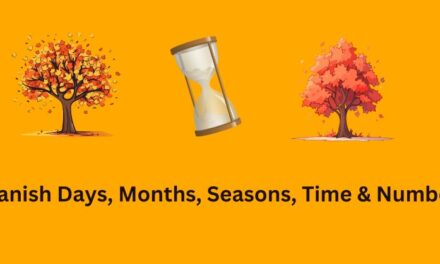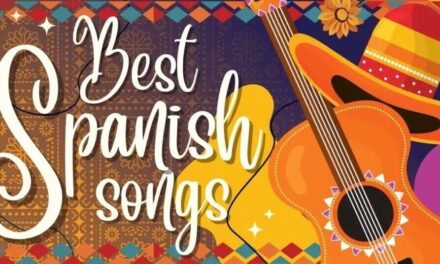"A foreign language is like a frail, delicate muscle. If you do not use it, it weakens. – Jhumpa Lahiri"
A guide for virtual Spanish events
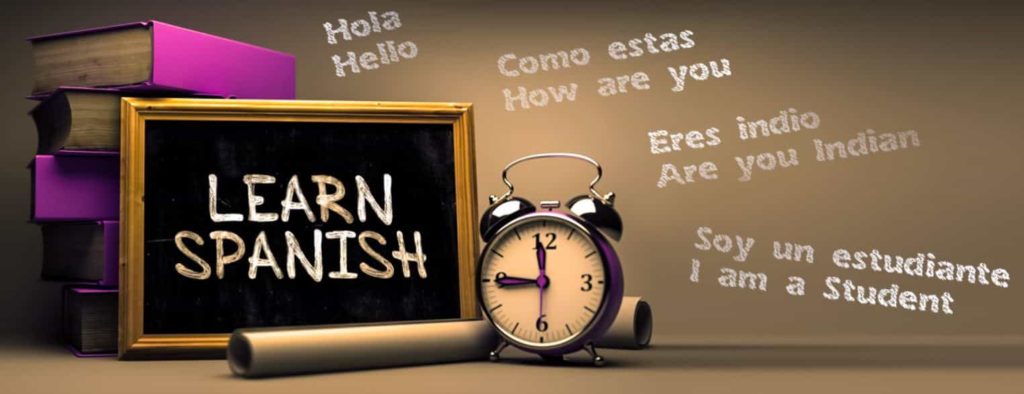
- Click here for the topic hobbies and interests (pasatiempos e intereses)
- Continue reading for an overall guide on how to speak more in a language event.
Want to be able to speak more in an online Spanish language event? (¿Quieres hablar más en español en un evento en línea?)
The secret: Ask a question and know how to respond to them. Use simple and basic sentences. And just speak, DO NOT HESITATE.
There will always come a time when you’ll be lost for words (sin palabras). But do not worry (Pero no te preocupes), this article is going to help you (te va a ayudar) get out of those situations.
Tip: Do not just ask a question, answer your own question and then ask the same to others.
Do not ask ‘¿A qué te dedicas?‘ What do you do for a living?, instead tell them about you and then ask the question.
Ejemplo: Soy profesor de biología en la universidad. ¿Y A qué te dedicas, Kumar?
(I am a biology professor at the university. And what do you do for a living, Kumar?)
Keep this page open throughout the meeting and use it as a guide or reference.
AGENDA AND GUIDE FOR THE UPCOMING EVENTS
Always join the meetings on or before time. You may have to wait for up to 3-5 minutes before you can be admitted, as the host may be busy assigning other participants to the breakout rooms (zoom meetings).
Once you have been assigned to a breakout room, please follow the below guidelines:
- Try not to speak in English or your native language.
- Do not insult anyone. Do not use swear words.
- If someone is unable to speak, please help and motivate them.
- Be a good listener but try to speak as well.
Start the meeting with greetings and basic introduction. Below are some good examples of greetings in Spanish:
- ¿Hola a todos, como estan?
- ¿Hola amigos, como estan?
- ¿Hola! Qué tal?
Below are some good examples of basic introduction in Spanish:
- Me llamo Kumar. Tengo veinticinco años. Soy de Nueva Delhi, India. Soy estudiante de matematicas. (My name is Kumar. I’m 25 years old. I’m from New Delhi, India. I’m a student of mathematics.)
- Mi nombre es Kumar. Soy de India. Yo trabajo en una empresa internacional. Me gusta tocar la guitarra y viajar mucho. (My name is Kumar. I’m from India. I work in an international company. I like to play guitar and travel a lot.)
After the introduction (despues de la introduccion), you can start (puedes empezar) the main conversation with a new question and if possible (y si es posible) answer that first.
Topic for the events on 24th, 25th, & 31st July, 2020
Topic: Hobbies and interests (pasatiempos e intereses)
Key Words and Phrases:
Mis pasatiempos son… / Mis aficiones son… (My hobbies are…)
Me gusta… (I like…)
Me interesa la música. (I’m interested in music/music interests me.)
Mi pasatiempo favorito es… (My favorite pastime is…)
En mi tiempo libre.. (In my free time..)
Me gusta caminar en la montaña. (I like to walk in the mountain.)
Tocar la guitarra. (Play the guitar.)
Me gusta viajar a nuevos lugares. (I like to travel to new places.)
Correr (To run)
Me gusta jugar al cricket. (I like to play cricket.)
Me gusta la fotografía. (I like photography.)
Me gusta tomar fotos (I like to take photos.)
Me encanta cocinar. (I love cooking.)
Dibujar, bailar, cantar, comer, estudiar, cocinar, juegos, dormir, escribir, hacer ejercicio, pintar, ir de compras (Draw, Dance, Sing, Eat, Study, Cook, Games, Sleep, Write, Exercise, Painting, Shopping)
Below are some interesting questions to use in the events:
- ¿Qué haces en tu tiempo libre? (What do you do in your free time?)
- ¿Cuáles son tus aficiones? (What are your hobbies?)
- ¿Qué te gusta hacer en tu tiempo libre? (What do you like to do in your free time?)
- Describete a ti mismo. ¿Que tipo de persona eres tu? (Describe yourself. What type of person are you?)
- ¿Qué te gusta comer? (What do you like to eat?)
- ¿Cuál es tu serie favorita en Netflix? (What’s your favorite show on Netflix?)
- ¿Quién es tu cantante favorito? ¿Por qué? (Who is your favorite singer? Why?)
- ¿Qué hiciste en las últimas vacaciones de verano? (What did you do in last summer holiday?)
- ¿Qué te gusta hacer con tus amigos? (What do you like to do with your friends?)
- ¿Qué hiciste el fin de semana pasado? (What did you do last weekend?)
- ¿Qué vas a hacer el próximo fin de semana? (What are you going to do next weekend?)
- ¿A dónde quisieras viajar y por qué? (Where would you like to travel and why?)
Below are some more questions that you can use (off topic):
- ¿Cuantos años tienes? (How old are you?)
- ¿Cuando es tu cumpleaños? (When is your birthday?)
- ¿Cómo celebraste tu cumpleaños el año pasado? (How did you celebrate your birthday last year?)
- ¿Cómo quieres celebrar tu próximo cumpleaños? (How do you want to celebrate your next birthday?)
- ¿Por qué estás aprendiendo español? (Why are you learning Spanish?)
- ¿Cómo es el clima hoy? (How’s the weather today?)
- Discribe a un amigo tuyo. ¿Qué tipo de persona es él/ella? (Describe one of your friends. What type of person he/she is?)
- Discribe a tu madre o padre. (Describe your mother or father.)
- ¿Cuántas personas hay en su familia? ¿Quienes son? (How many people are there in your family? Who are they?)
Few more questions for intermediate or upper intermediate levels:
- ¿Cómo es tu casa y tu barrio? (What’s your house and neighborhood like?)
- ¿Cuales son los estereotipos mas comunes sobre los hombres?
- ¿Cuáles son los estereotipos más comunes sobre las mujeres?
- ¿Sobre qué otros países son comunes los estereotipos en tu país?
- ¿Cuales son los estereotipos mas comunes sobre los españoles y los latinoamericanos?
- ¿Cuáles son los estereotipos más comunes sobre tu país?
- ¿Crees que los estereotipos sobre tu país son verdaderos o no?
Below are some good topics to talk about:
- Food – La comida
- Music – La música
- Travel – Viajar
- Holidays – La fiesta
- Dreams – El sueño
- The ambition and the future – La ambición y el futuro
- Childhood – La niñez
- Weather – El clima
- Family – La familia
Please use this page as a guide only. The main job of this page is to give you more ideas. The best way to use this page would be to make notes on these topics, learn new words related to these topics and practice a lot.
You can find the details of our upcoming events here.
Nos vemos en la próxima reunión.

